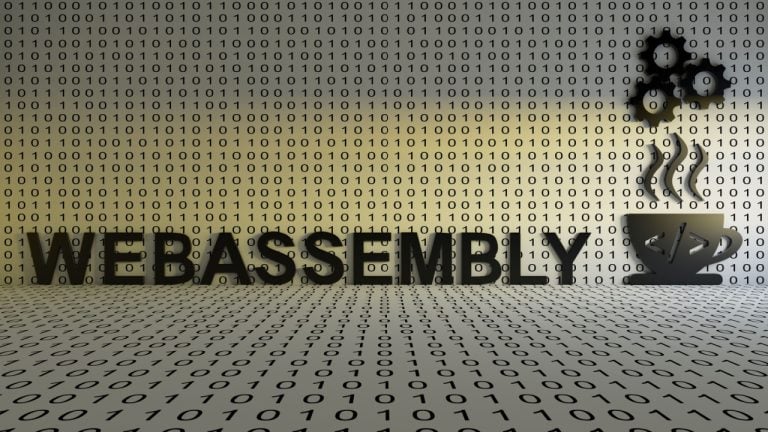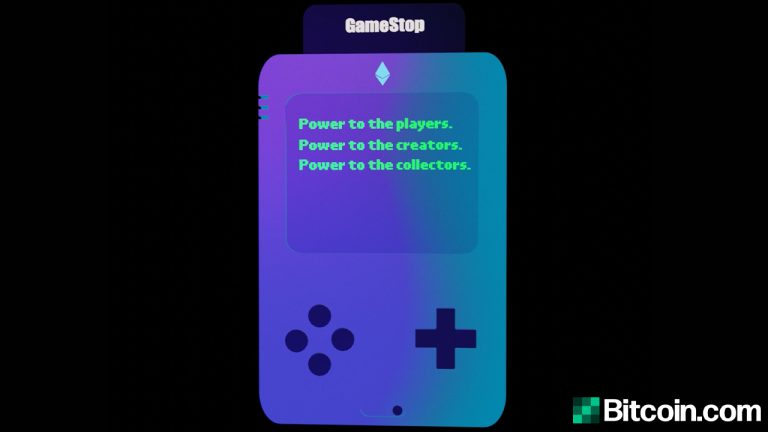
Proponents say PayPal’s PYUSD could see Ethereum become the money layer of the internet, while opponents argue that it’ll act like a poorly designed CBDC.
Paypal’s new Ethereum-based stablecoin, PYUSD has been seen as bittersweet news for the crypto community.
While it could finally see Ethereum find its place in mainstream adoption, it could also spell trouble for decentralization and personal control of assets, warns the community.
The new stablecoin, Paypal USD, was launched on Aug. 7 and is issued by Paxos Trust Co. — the firm behind Binance USD (BUSD). It’s built on Ethereum and “designed for digital payments and Web3,” with the firm saying it will soon be available to United States customers.
The launch has been seen as a boon for Ethereum adoption. Ethereum bulls Anthony Sassano and Ryan Sean Adams believe the ERC-20 stablecoin will push the blockchain closer towards becoming the money layer of the internet.
This is the Ethereum contract address for PayPal's stablecoin.
— RYAN SΞAN ADAMS - rsa.eth (@RyanSAdams) August 7, 2023
I can't believe i get to tweet that.
We've come so far. pic.twitter.com/S6kSqcV4ut
The number of daily active users on Ethereum currently hovers between 300,000-400,000, according to Etherscan.
However, Sean Adams noted that 430 million accounts actively use the online payment processor, which means that over 5% of the world’s 8 billion people could theoretically be onboarded onto Ethereum through PayPal’s new stablecoin.
Martin Koppelmann, the CEO and co-founder of Gnosis, added that by launching PYUSD on Ethereum’s base layer, Ethereum layer-2s will be able to interact with PYUSD too.
Others, including lawmakers, have seen it as another example of larger institutions embracing crypto, breathing new life into the traditional payments system.
In an Aug. 7 statement, Patrick McHenry, Chair of the United States House Committee on Financial Services said stablecoins like PayPal’s PYUSD “hold promise as a pillar of our 21st century payments system.”
#NEW: Chairman @PatrickMcHenry releases a statement following the announcement of PayPal's payment stablecoin launch.
— Financial Services GOP (@FinancialCmte) August 7, 2023
Read more https://t.co/LOF9ayUNnG pic.twitter.com/sRfSfLYbXQ
However, not everyone is convinced about PayPal’s new stablecoin.
Several smart contract auditors highlighted that PYUSD’s smart contract contains a 'freezefunds' and 'wipefrozenfunds' function which they claim is a textbook example of a centralization attack vector in Solidity contracts.
The new Paypal USD stablecoin has an "assetProtection" role which can wipe your balance in two transactions (first `freeze`, then `wipeFrozenAddress`)
— pashov (@pashovkrum) August 7, 2023
In smart contract security we call this a "centralisation attack vector" pic.twitter.com/RsmqvsnKvi
This concern was echoed by cryptocurrency researcher Chris Blec, who believes that PayPal will use the controversial functions where necessary.
Digital asset lawyer Sarah Hodder believes many characteristics of PayPal’s stablecoin resemble that of a censorship-enabled central bank digital currency. Another smart contract auditor noted that PYUSD’s smart contract can be changed by PayPal at any time.
I just read the PayPal USD terms of service.
— Sasha Hodder (@sashahodler) August 7, 2023
- full KYC
- custody by Paxos
- tied to your PayPal login
- PayPal can reverse any transaction
- claimed to be fully backed by actual USD
All the censorship capabilities of a CBDC, but launched by big tech instead of the gov't.
In October, PayPal was slammed for a controversial policy that could’ve seen users fined $2,500 for spreading “misinformation.” The firm later backpedalled, claiming the policy update was published “in error.”
Related: PayPal’s crypto holdings increased by 56% in Q1 2023 to nearly $1B
Meanwhile, Blockchain engineer Patrick Collins took a slightly more neutral view, suggesting that PayPal’s PYUSD could have been “epic” but believes some of the engineering choices were suboptimal — such as choosing an outdated version of Solidity to program the contract, making the contract upgradeable and not making it gas efficient.
Sassano also explained in a separate post that while PayPal's stablecoin is centralized, Ethereum users are free to choose whether they wish to use it or not.
Yes, PayPal's stablecoin is centralized.
— sassal.eth (@sassal0x) August 8, 2023
No, that doesn't make it any less cool that PayPal has a stablecoin.
Ethereum being a settlement layer for all types of value means that different types of assets will exist on the network & you get to choose which ones you want to use.
PayPal said PYUSD will be rolled out within the next few weeks.
ETH is currently priced at $1,825 which is approximately the same price at the time of PayPal’s announcement about 10 hours ago, according to CoinGecko. Only minor fluctuations have been observed in ETH’s price since then.
Magazine: DeFi Dad, Hall of Flame: Ethereum is ‘woefully undervalued’ but growing more powerful







